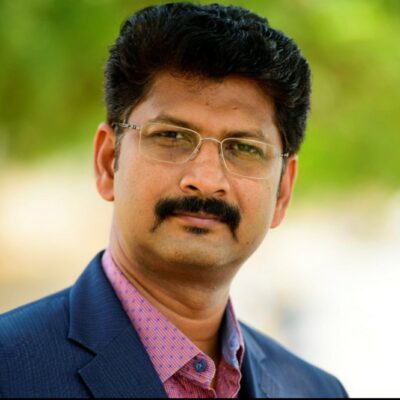Sultan Al Jaber, the president of COP28, emphasised that the $12 trillion investment is not just a sum of money but a global commitment. This investment is crucial to triple the world’s renewable energy capacity by 2030, a goal that will profoundly impact the world’s future.
In his speech at the annual Petersberg Climate Dialogue, Al Jaber stressed the need for substantial investment in the energy transition and increased climate finance, underlining that every contribution, no matter how small, is vital to this global endeavour.
He listed infrastructure, technology, people, and support for the Global South (poor and underdeveloped nations) as the primary focus areas for improving climate financing.
Al Jaber emphasised the value of infrastructure spending, pointing out that $6 trillion would need to be set aside to reach the 2030 goal of producing 11TW of renewable energy capacity. He claimed that updating antiquated or nonexistent grids would require a comparable expenditure.
At the COP28 conference in Dubai, world leaders made history by pledging to triple the amount of renewable energy produced globally by 2030. This ambitious goal is in line with the International Energy Agency’s judgment that the two most important ways to keep the rise in global temperature to 1.5 degrees Celsius are to double energy efficiency and triple renewable energy capacity.
Additionally, Al Jaber highlighted the significance of defining a New Collective Quantified Goal for climate finance in light of the upcoming COP29 in Baku, Azerbaijan. Building on the $100 billion yearly commitment made in 2020, this new target seeks to raise extra contributions from affluent countries to support climate action in developing countries.
Al Jaber focused, in particular, on the Global South’s vital role in this process, acknowledging their special difficulties and contributions and helping them feel important and part of the global climate movement.
As highlighted by Al Jaber, Artificial Intelligence has the potential to revolutionise the renewable energy industry. Its capacity to increase productivity and assist in resolving storage and intermittent problems is a ray of hope for our move toward a more environmentally friendly future.
Al Jaber said, “Investing in people to develop new skills for a new green economy is something every country must do. Moreover, we have to finance the Global South. Less than 15% of Cleantech investment globally is directed towards more than 120 developing nations.”
He gave the audience hope and promise by adding, “Public, private, and development finance must work in tandem in creative catalytic models that turn billions into trillions.”
Al Jaber urged states to prioritise green infrastructure and set clear targets for renewable energy to achieve ambitious nationally determined contributions (NDCs) ahead of COP29. He emphasised the value of open cost evaluations and how clever policies encourage private sector investment.
Further, Al Jaber said the new energy system must be built before the old one is phased out. The energy transition would occur gradually and differently in different parts of the world. He advocated for a broad, inclusive approach to climate planning incorporating all government sectors and backed UNFCCC Secretary-General Simon Steill’s proposal for complete NDCs embracing all emissions and sectors.
Source: ESG Times
Photo Credit: Unsplash



































